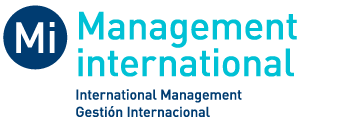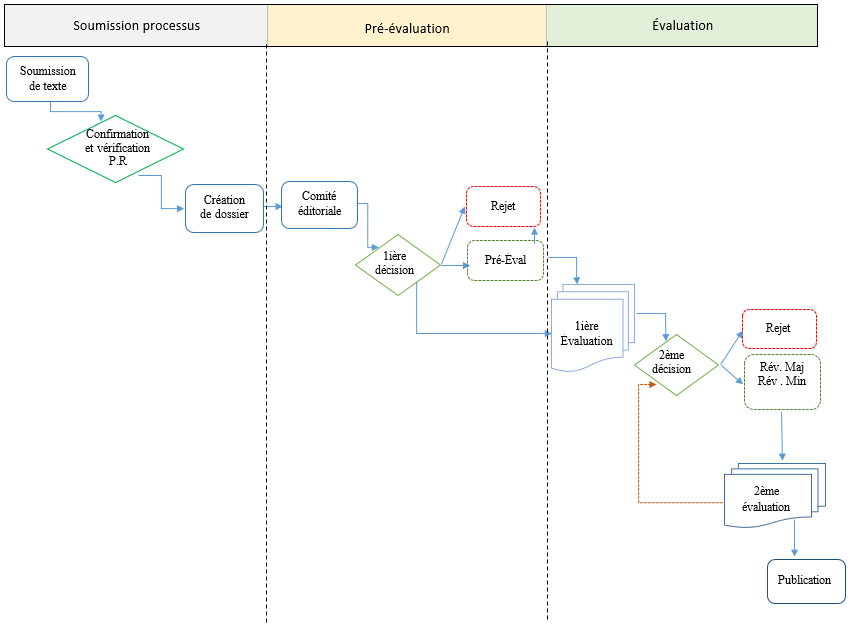Management international (Mi) is an academic journal. It publishes quality articles that have undergone a strict peer review process in accordance with principles, rules, and practices designed to protect the double-blind review principle. All manuscripts submitted to the journal Mi, are screened by anti-plagiarism software, are peer reviewed in accordance with the principles, rules and practices of double-blind review.
Each manuscript submitted for eventual publication in Mi is evaluated by a peer-review committee comprising three teacher-researchers. Committee members are selected among reputable researchers who have published the most in the field in question. As needed, a fourth evaluator may be called upon to give the deciding opinion when diverging opinions are identified by the editors of Mi.
The peer-review process at Mi the focal point of its mission. Through this process, Mi supports and forms young researchers as well as its research community. Reviewers receive a peer-review guide compelling them to produce clear, respectful and instructive reviews. They receive two review grids, one for the author and the other for the editors.
Editors carefully study the peer-review reports and take into account all comments before making a clear and duly justified editorial decision.
A summary report and an editorial decision (rejection, acceptance with no revisions, acceptance with minor or major revisions) are drafted and issued based on the peer-review reports.
In the interest of transparency, while adhering to the principles, rules and practices of a double-blind review, Mi editors provide the author and reviewers with a copy of the decision and the (detailed) review reports that support it.
Mi’s authors are given regular updates on where their manuscript is in the peer-review process. They are also given an explanation if there are any delays.

